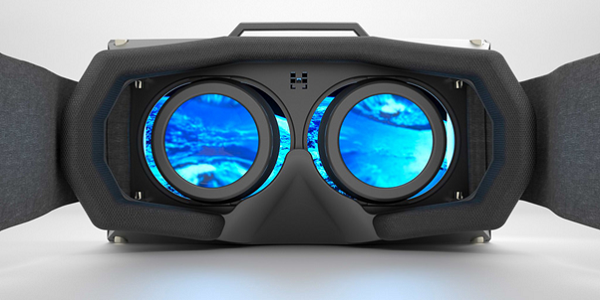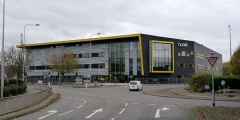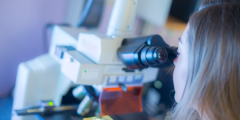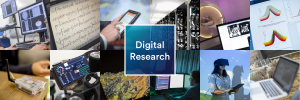Horizon scanning for digital engagement technologies in Politics and Law
March 28, 2017
The digital research team are working with Politics, Law and Computer Science on a provocative digital engagement in research on corruption. During the latest meeting we were discussing the possibilities of using a serious virtual reality game to explore trust issues in the workspace. Some creative ideas we had involved having the user virtually work …
Digital Engagement in Politics and Law: Digital Research Case Study 13 2017
Researchers in the Schools of Law and Politics often work in sensitive and challenging research areas which are difficult to engage research participants and members of the public in. You may have come across my blog series on Digital Engagement, which inspired a new digital engagement project. Jan Meyer-Sahling, Professor of Political Science and Richard …
Classifying and verifying fake news in social media
March 27, 2017
Helen Creswick, Christian Karner and Martin Flintham are currently working on an interdisciplinary research project looking at fake news in social media. A literature review is currently underway and two key taxonomy’s have emerged around types of fake news and categories of verification. Rubin et al (2017) argue that there are three types of ‘fake’ …
Digital Sociology: Digital Research Case Study 3 2017
The School of Sociology and Social Policy is home to many researchers who could benefit from the use of digital technologies, but miss out on these opportunities due to a perceived lack of relevance. As a first step toward challenging this perception, the digital research team have facilitated an interdisciplinary collaboration between Christian Karner, Associate …
Emerging data management needs in the School of Education
March 24, 2017
Over the last few weeks the Digital Research Team have been meeting with a range of researchers across the School of Education to understand what capabilities they need to securely manage their research data. The researchers were identified based on their collective representation of the types of research and data across the school. There were …
Secure RDM in Education: Digital Research Case Study 2 2017
The School of Education works with a vast range of personally sensitive research data, much of which involves teaching and learning with children. The SoE also has a significant throughput of post-graduate researchers per year, meaning research data is being created and archived quickly. An added complexity is that much of this data is gathered …
Research software engineering support in Geography
March 23, 2017
The Digital Research team are working with the School of Geography to trial a new Research Software Engineering (RSE) service. Our RSE has been across a range of different research projects including: Forest Demography Doreen Boyd, Associate Professor and Reader in Earth Observation, and her team are using a series of rainforest based LiDaR data …
Computational Geography: Digital Research Case Study 1 2017
The School of Geography has several researchers who require large amounts of computational power to analyse their research data. The digital research team are trialing a new Research Software Engineering (RSE) service which will offer support and consultancy in the use of high performance computing. The RSEs will help researchers to gain access to different …
Why subject-specific research data repositories are important and challenging
March 21, 2017
Continuing innovation in scientific instrument design is driving the production of ever-larger volumes of digital research data, and allowing new research questions to be addressed. Instruments that can produce 100 gigabytes per day are becoming more common, and the PromethION genetic sequencer is an extreme example of an instrument which can produce 4 terabytes per hour at maximum …
COMPARE – an overview
March 20, 2017
The Centre for Membrane Proteins and Receptors (COMPARE) is a Signature Research Centre, jointly funded by the Universities of Nottingham and Birmingham. COMPARE is built around optical imaging as a research method, and seeks to link together pools of microscopes at the two institutions so as to enhance research output. Ultimately, a University of Nottingham researcher …












Recent Comments